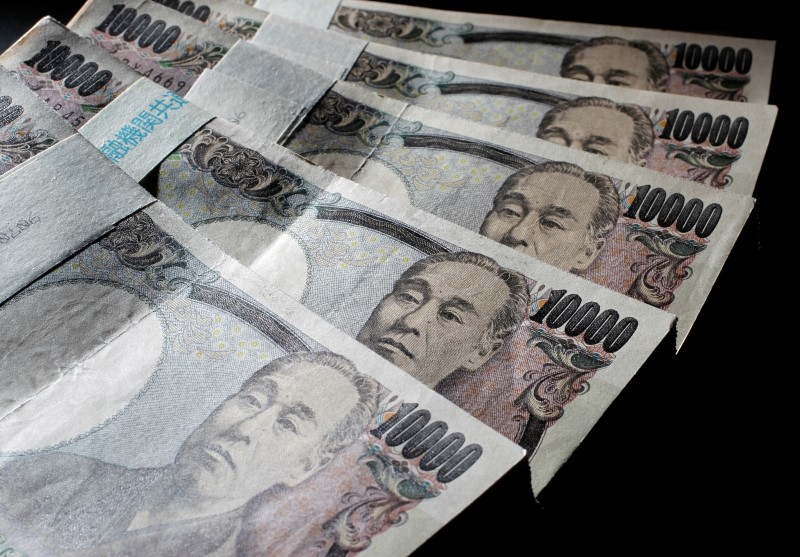UBS Revises Japan Inflation Forecast Upwards, Citing Strong Dollar and Energy Prices
Tokyo, [Date] – UBS, a leading global financial services firm, has revised its inflation forecast for Japan, projecting a higher trajectory for price increases in the coming years. This upward adjustment is primarily attributed to the sustained strength of the US dollar against the Japanese yen and the persistent surge in global energy prices, both of which contribute to imported inflation pressures for the resource-dependent Japanese economy. This revised outlook comes amidst a backdrop of ongoing global economic uncertainty and underscores the challenges faced by policymakers in navigating a complex inflationary environment.
The firm’s foreign exchange (FX) team has also adjusted its yen-dollar exchange rate predictions, now anticipating the yen to weaken further against the dollar, reaching a rate of 150 by the end of 2025. This represents a more pessimistic outlook compared to their previous estimate of 145 and highlights the expected persistence of dollar strength. This weakening yen exacerbates inflationary pressures by making imported goods, including crucial energy resources, more expensive for Japanese consumers and businesses.
UBS forecasts a 0.1-0.2 percentage point increase in overall inflation for both 2025 and 2026. This upward revision is directly linked to the anticipated rise in energy costs, which feed into higher prices for consumer goods. The core-core consumer price index (CPI), a key measure of underlying inflationary trends that excludes volatile fresh food and energy prices, is projected to remain above the Bank of Japan’s 2% target throughout 2025. UBS expects this measure to reach 2.0% year-over-year by the end of 2025, a slight increase from their previous forecast of 1.9%. This sustained core-core inflation suggests that price pressures are becoming more entrenched in the Japanese economy.
Food inflation, a significant concern for Japanese households, currently stands at 4.2% year-over-year. UBS anticipates this elevated level of food inflation to persist at least through the first half of the current year. The ongoing weakness of the yen contributes significantly to this trend by increasing the cost of imported food products. Furthermore, unstable global supply conditions, exacerbated by geopolitical tensions and lingering effects of the pandemic, continue to exert upward pressure on food prices.
While service sector inflation has remained relatively subdued at 1.5%, primarily due to weak housing rent and public services prices, UBS anticipates an acceleration in overall service inflation in the coming months. This projected increase reflects the expectation that the broader inflationary pressures in the economy will eventually spill over into the service sector. However, the precise trajectory of inflation within specific service components, such as housing rent and public services – which together account for a substantial 62% of the weight of services in the inflation calculation – remains uncertain. The evolution of these components will be critical in determining the overall inflation outlook.
The revised inflation projections by UBS underscore the complex and evolving nature of the inflationary environment in Japan. The interplay of a strong US dollar, surging energy prices, and persistent food inflation poses significant challenges for policymakers seeking to maintain price stability. The uncertainty surrounding future trends in service sector inflation further complicates the picture. These developments will be closely monitored by the Bank of Japan as it calibrates its monetary policy stance to navigate these challenging economic conditions.






